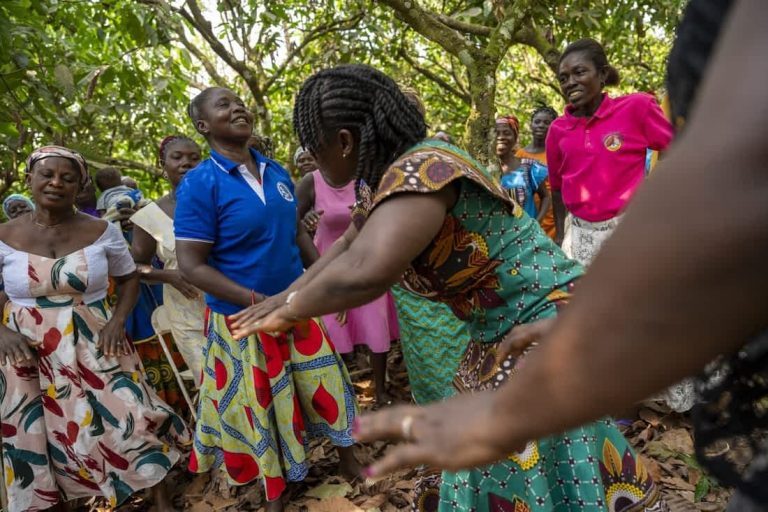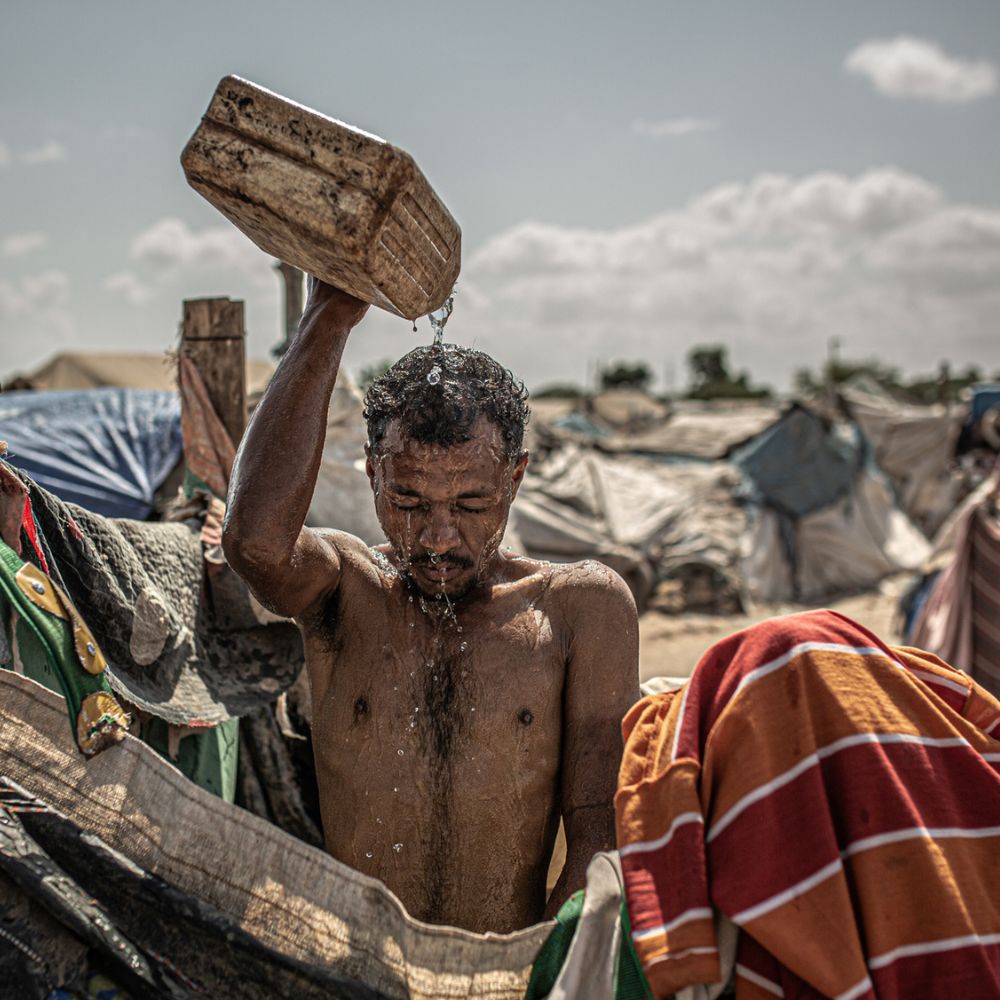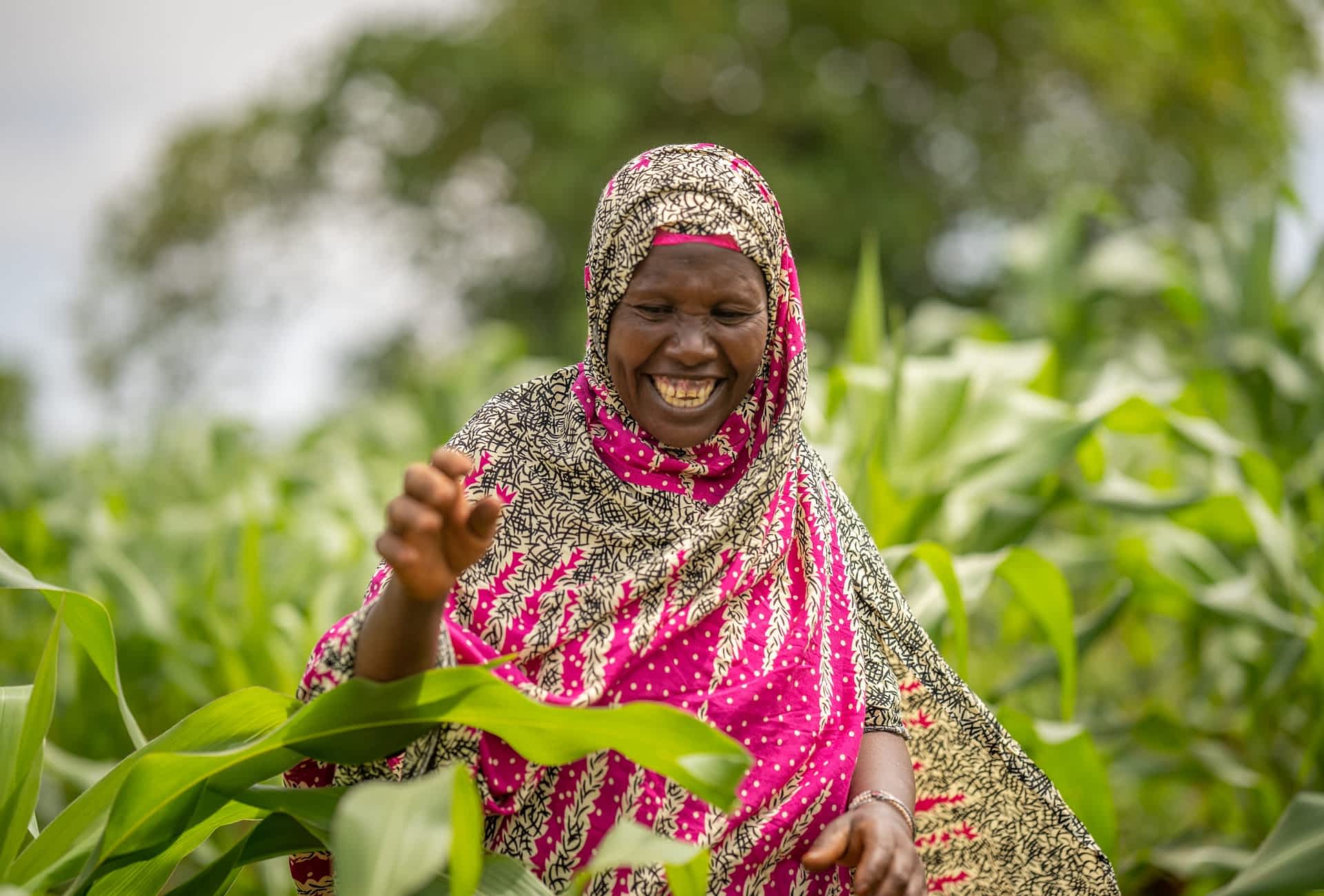Fair Recovery – Strengthening civil society and media for economic justice

Photo: Nana Kofi Acquah/Oxfam
The Covid-19 pandemic caused the deepest global recession in decades. While rich countries have recovered from the economic crisis the global south is struggling with an unprecedented rise in poverty caused by increased national debt and inability to handle the impact of escalating food and energy prices. In addition to this, governments are also struggling to handle the impact of damages from global warming, causing severe implications for vulnerable people, hitting women and marginalized groups the hardest.
It does not have to be this way. A fair economic recovery is possible, but it requires government accountability including action against corruption and reforms of our international tax and debt systems that are deeply unjust to the world’s poorest countries.
There are challenges with weak administration, low taxpayer compliance, corruption, and a missing reciprocal link between tax, public, and social expenditures. In addition, economic austerity is weakening already fragile democracies where there is a lack of free and independent media to hold policy makers accountable for recovery plans that are fair to its citizens.
Although men and women are typically taxed under the same rules, tax systems can cause and deepen gender inequalities. Understanding and improving the impact of taxes on gender equality is therefore also a key dimension that governments need to consider as part of tax design to support sustainable financial growth that is beneficial for all people and the planet.
The project
In close collaboration with local partners in Ghana, Uganda and Kenya the Fair Recovery project aims at strengthening the capacity of civil society organizations and media to hold governments accountable for a fair and gender inclusive recovery.
Through training, research and alliance building, Oxfam and partners support civil society organizations and media to challenge political capture and demand fiscal justice. Domestic tax systems in Uganda, Kenya and Ghana are called to be more efficient and equitable, ensuring pro-poor gender sensitive public budgeting.
Journalists and media workers receive training in critical and investigative journalism, press ethics, human rights and digital skills to develop their professionalism, transparency and accountability, which is critical for them to play a vital role in increasing public trust in the media and in enabling people to rely on what they read, see or hear. This trust is essential if the media is to be able to perform its role in society and counter attempts to undermine press freedom.
Ultimately, the project seeks to influence global financial institutions and donors, regional communities and the African Union to create conditions that will support African governments to pursue a fair and sustainable recovery.
Project period: 2023-2025
Funding: 30 million NOK from Norad.
Locations: Ghana, Uganda, Kenya.

